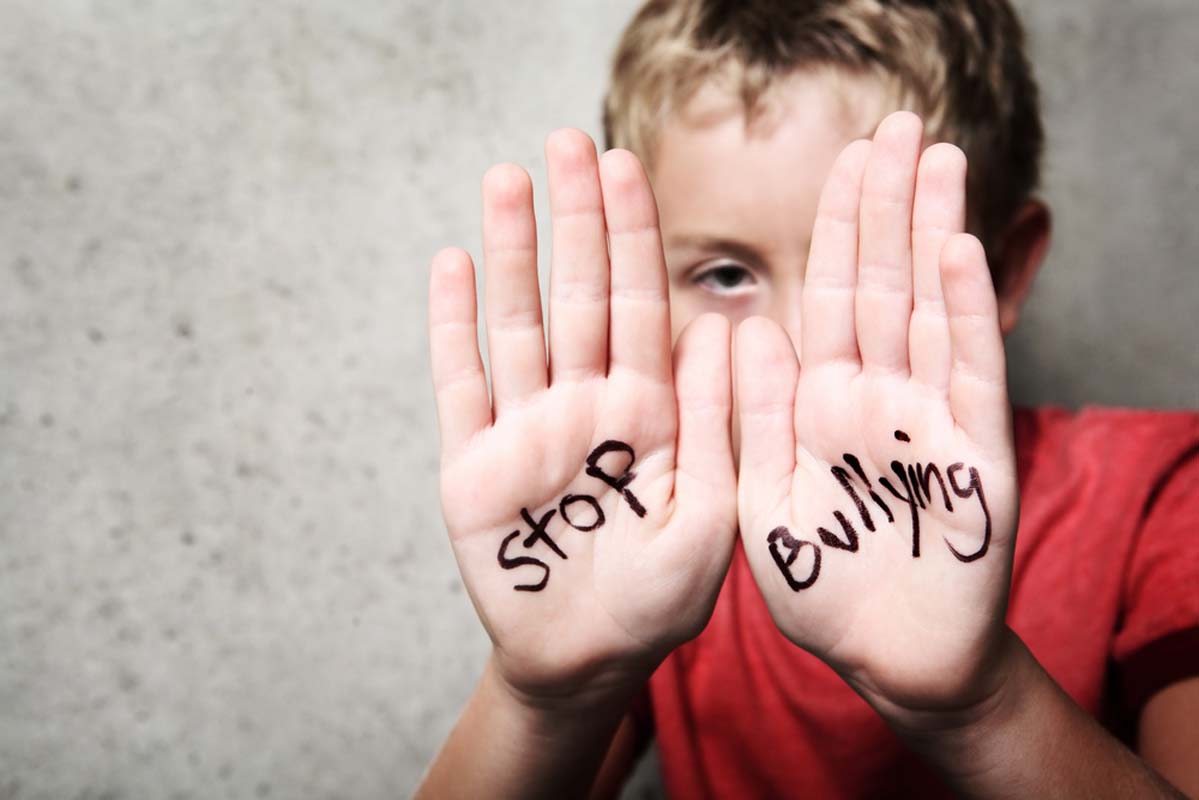Bullying impacts a great number of Canadian children. Most children experience bullying at least once during their childhood, but for others, bullying can be an everyday experience. Research shows that bullying has detrimental and long lasting negative effects well into adulthood if it is left unaddressed.
Bullying should never be considered a normal part of childhood, and it is not something that children should learn to figure out for themselves. Bullying is nothing more than an abuse of power. No abuse is acceptable in life, certainly not during childhood. Adult intervention STOPS bullying, and as parents, educators, coaches and role models, we must help children understand that this behaviour is not acceptable under any circumstances. When a child expresses that he or she is a target of bullying, we as adults must take this very seriously.
There are associated risks for both the children who bully and the children who are being bullied. Children impacted by bullying may be at risk for physical, social and mental health problems. The children who bully learn how to abuse power, and in some cases, they use violence to control and victimize other children. When this behaviour is left unchecked, it can lead these children to failing to understand and appreciate the difference between right and wrong. Moreover, high rates of criminal behaviour, substance abuse, poor school performance and future delinquency are also risks for children that bully.
The children who are bullied often feel powerless. As they get older, many risk becoming trapped in relationships where the cycle of abuse continues. When bullying is not addressed, bullied children may experience social anxiety, loneliness and a sense of hopelessness. They may also suffer from physical ailments, such as headaches and stomach problems, and many suffer from low self-esteem. These children often try to avoid going to school, which jeopardizes their academic performance and increases the feeling of isolation. Children who are being bullied are at higher risk for depression, anxiety, substance abuse and are more likely to consider suicide as an option.
As parents and educators, we are responsible for creating a positive environment that will support and promote our children’s ability to create and maintain healthy relationships. By helping all children learn the necessary social skills to work through peer conflicts, and by reducing opportunities for negative peer interactions, we as adults can assist with the imbalance of power common in bullying relationships.








